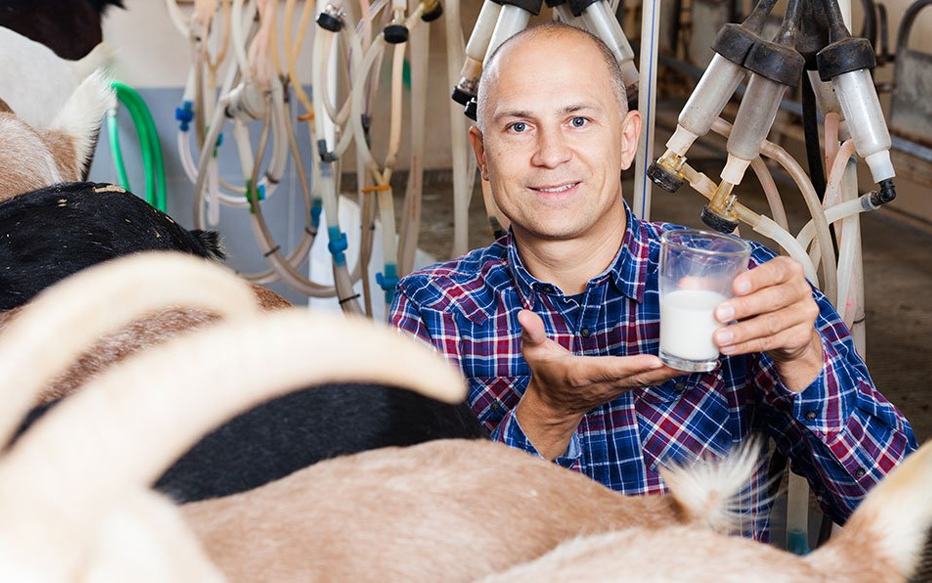150 million. euros in the aid scheme for 2022 for the action “Agri-food – primary production and processing of agricultural products – fisheries and aquaculture”, under the Development Law.
Of this amount 75 million. relate to tax relief and the remainder relate to grants on expenditure, leasing subsidies and subsidies for employment costs.
Read the Official Journal(here)
The submission of applications for the “Supply Chain Manufacturing” scheme is expected to start in the near future, as it has already been done for the “Supply Chain Manufacturing” scheme.
The types of aid that can be received are: a. Grant, b. Tax exemption, c. Leasing subsidies (leasing), d. Subsidy for the cost of employment created.
Investment projects covered by this scheme are eligible for aid for the following categories of expenditure:
1. Construction, extension and modernization of buildings and landscaping
2. Modernisation of mechanical and other installations not relating to buildings
3. Purchase of all or part of the fixed assets (buildings, machinery and other equipment) of a closed business establishment
4. Supply and installation of new modern mechanical and other equipment
5. Technology transfer (purchase of intellectual property rights, licences, patents, know-how)
6. Purchase and installation of software, development and implementation of quality and business organization systems
7. Wage costs of the new jobs created as a result of the implementation of the investment project
8. Aid expenditure for SMEs (expenditure on consultancy services, aid for participation in trade fairs)
9. Expenditure on vocational training
10. Aid for disadvantaged workers
11. Expenditure on environmental protection (expenditure on energy efficiency measures, high efficiency cogeneration from Renewable Energy Sources (RES), production of energy from RES, remediation of contaminated sites, installation of efficient district heating and cooling systems, recycling and reuse of waste).
The minimum eligible investment cost per investment project is determined according to the size of the entity in:
α. 50.000 € for Social Cooperative Enterprises, Rural/ Urban Cooperatives, Producer Groups and Agricultural Corporate Partnerships
β. 100.000 € for micro enterprises
γ. 250.000 € for small businesses
δ. 500.000 € for medium-sized enterprises
ε. 1.000.000 € for large companies
Plant production
Farms of all types and production systems of plant production are supported, such as:
Conventional, certified integrated, organic, etc.
Outdoor, under cover (greenhouses, greenhouse-type mushroom growing rooms, net greenhouses, etc.).
By way of exception, specifically for investment in greenhouses, expenditure on the construction, extension and modernisation of buildings and special and ancillary facilities for buildings, expenditure may exceed forty-five percent of the total eligible regional expenditure, up to a maximum of 60 percent.
Animal production
Livestock facilities for the establishment of new facilities, modernisation of existing facilities as described in Law No. 4056/2012 (Government Gazette 52A/2012) and relate indicatively to:
Cattle farms,
Sheep and goat farms,
Pig farms,
Fur rearing units, game and game species rearing units, snail rearing units,
Beekeeping units, production of honey, beeswax and other hive products,
Poultry farms, conventional poultry farms, other than ostrich farms, for the production of eggs or meat, for the modernisation of existing farms
The establishment of new units is also covered, but only in the context of the vertical integration of existing poultry farms.
Manufacturing and Marketing
Aid is granted for the establishment, construction and expansion of processing units in the agricultural sector in the following sectors:
Meat – poultry – rabbits (slaughterhouses, establishments producing meat preparations and meat products, etc.)
Milk (milk processing plants and dairy products production).
Eggs (standardisation of egg packaging, production of new products).
Other animal products (honey – sericulture – snails).
Animal feed
∆Cereals (flour production, drying of cereals, processing for the production of malt, starch, gluten, etc.).
Oily products (olive oil mills, olive oil refineries, seed oil mills, edible oil processing plants).
Wine.
Fruit and vegetables.
Vinegar (vinegar production from wine, fruit and other agricultural raw materials).
Aromatic and medicinal plants for the processing of dry dew.
Processing of sugar beet.
Flax and industrial hemp processing.
Processing of natural raw cork and cork waste.
Cotton ginning plants.
